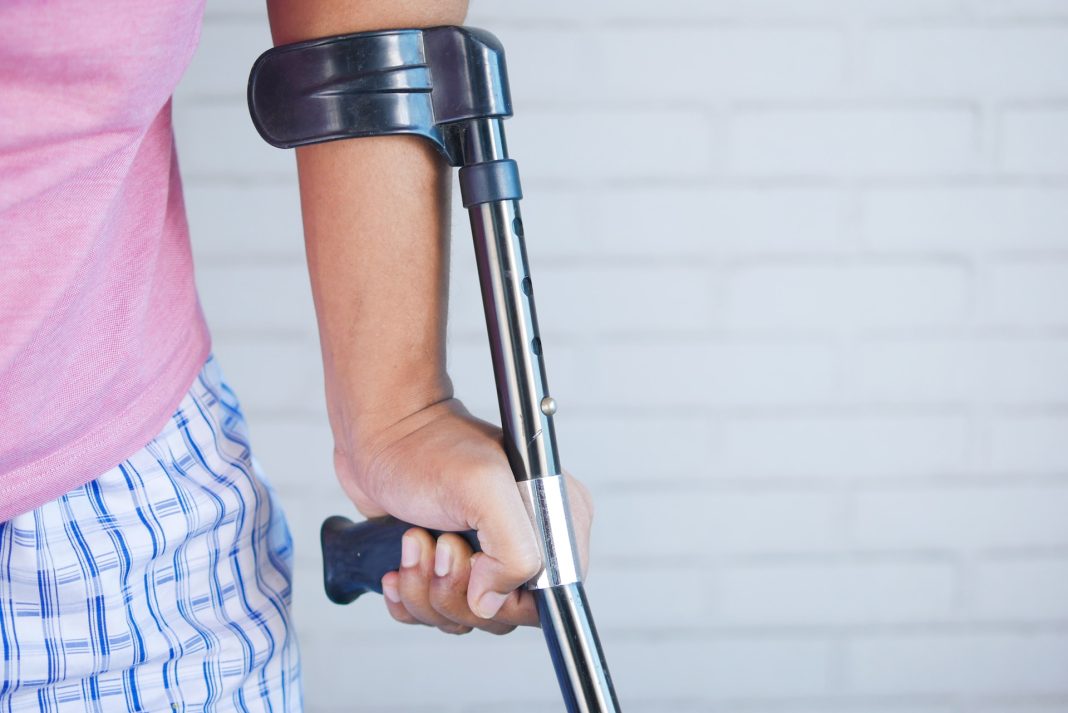If someone you love has sustained a serious injury, the people closest to them are a vital part of their recovery. Daily tasks can suddenly become very difficult for them, yet the expense of paying for a full-time carer might be a difficult option to grapple with.
And even if they do have a carer, there’s nothing quite as uplifting as the support of family and friends.
Here are a few of the aspects of caregiving that you might be able to assist with.
Appointments and medications
The medical aftercare following a serious injury comes with its fair share of appointments, yet time-keeping can be difficult for somebody going through this.
Likewise, they probably have various medications to take, and there are likely to be very specific instructions to follow about how to take them.
This is where you could step in. Find a system that works for you and stick to it. This may be a physical calendar, a diary, or a special reminder app. For medicine, a pillbox for each day of the week can help eliminate confusion.
To fund expensive treatments and lost income, you or your loved one may want to consider claiming against the party that caused the accident. This could be a brain injury claim, or it could be for something else.
Mental health support
A physical injury can have long-term ramifications for mental health. There could be a lot of anxiety about the future and how they’re going to cope. There could be a large element of grief for lost abilities and lost hobbies.
Don’t forget that your loved one may need to talk about what they’re going through, too.
Doing activities with them can also lift their spirits greatly. Organise a games night with friends and family, do some baking together or help them adapt their home to make their injury less life-limiting. If practical and approved by a doctor, take them for a drive to their favourite part of the countryside. There are all sorts of practical ways to boost their mental health.
Rehabilitation and care plan
If you haven’t already, see if you can get a care plan from your local social services department. They can either do a needs assessment directly for the person who needs assistance, or they can do a carer’s assessment to help you provide care.
This will make it clear what the local council can do for you. It may also alert you to any support groups available and any training you can get to help you care for them. For example, they might train you in the safest technique to lift a person.
Lifestyle and diet
If they have the mental capacity, it might be good to sit down with your loved one and analyse their diet. Even better, get a qualified dietician or nutritionist to consult with them!
If they are less mobile because of their injury, it could be time to upgrade to a healthier diet.
It’s not a good idea to force this point though. Remember that an injured person is still an adult with personal autonomy. If you can, have a detailed discussion with them about why this will benefit them so they decide of their own accord.
Also, if it’s safe to do so, you might want to help them get outdoors to soak in some sunlight on nice days. Sunlight has all kinds of benefits, such as Vitamin D, higher serotonin levels and a more in-sync circadian rhythm to keep sleep consistent.






